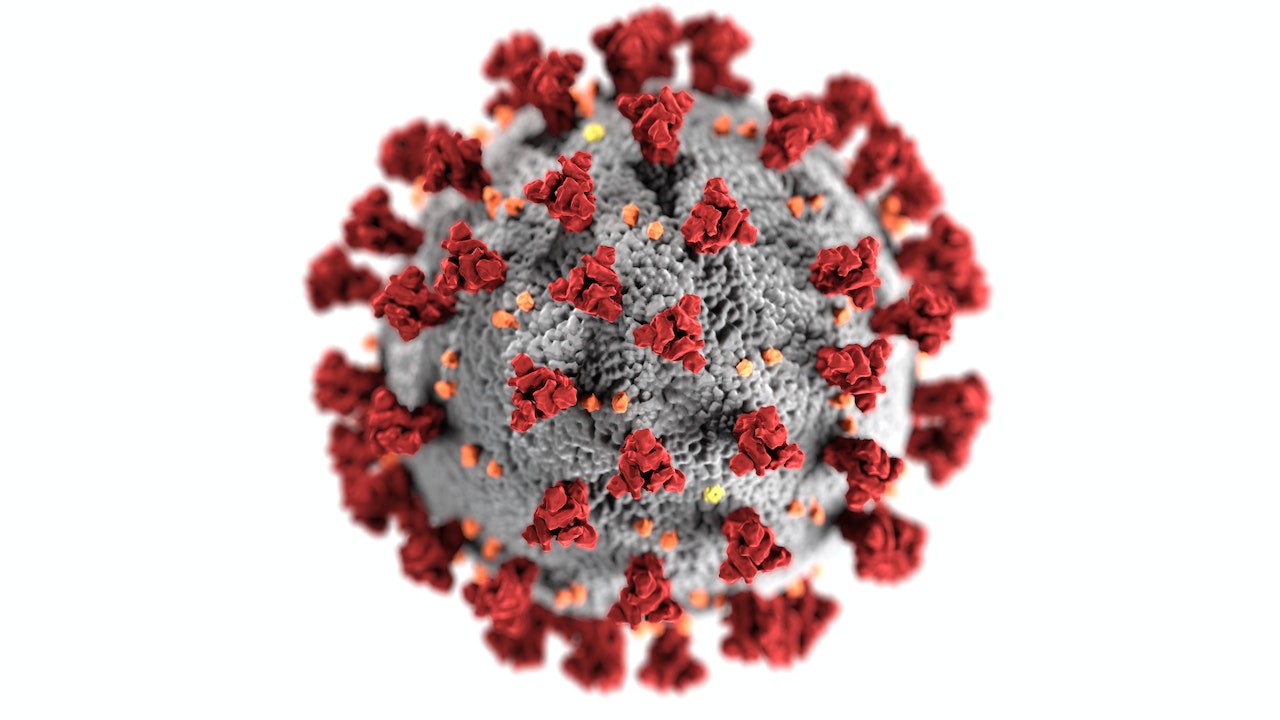There are many sexually transmitted diseases (STDs) in the world, and they usually come with unwanted symptoms. One STD in particular, Human Papillomavirus, or HPV, tends to present a little bit differently. Since it has a lot of variants, HPV can often show up in the human body without any apparent symptoms.
The undetectable nature of HPV can cause problems and lead to other serious health problems. For example, women with HPV can be at risk of developing certain gynecologic cancers. To fight against these possibilities, it’s important to get regular checkups with your doctor. This is why we provide a range of testing and treatment options at Montes Medical Group.
What is HPV and How Does Someone Get It?

Human Papillomavirus is the name of a group of viruses that are commonly transmitted through skin-to-skin contact. It is one of the most common viral infections and causes infection on the skin surface. In fact, HPV is so common that 80% of unvaccinated adults will have an HPV infection at some point in their life. Thankfully, the virus is harmless and causes no symptoms in most people. In some cases, warts, abnormal cells, or cancer can result from an HPV infection.
Although sexual intercourse is the most common cause of infection, sex isn’t required for HPV transmission to occur. People can also get the disease from open sores, scratches, or close contact with someone who has it. For these reasons and more, practicing both safe sex and good hygiene habits is important.
Are There Any Visible Symptoms of HPV?
Sometimes the Human Papillomavirus does present symptoms in the body. These symptoms usually show up as genital warts in both men and women. These warts aren’t guaranteed to be present in every case of HPV and may be raised, flat, small, or large. Some HPV warts can cluster together, while others can be singular.
In women, symptoms could also show up as an abnormal cervical smear. The time between infection with HPV and the appearance of warts of a cervical smear abnormality could be anywhere from months to years. In males, HPV can impact the anogenital area and also the throat, leading to potential warts or cancer. However, warts and HPV-related cancers are rare and the likelihood of an infection progressing to such a serious state is thought to be quite low.
For people that go without treatment, HPV could go away on its own in a couple of years. Unfortunately, for some women, this disease could also linger and lead to serious or even life-threatening diseases like cervical cancer. This is why getting tested regularly is so important.
How is HPV Prevented and Treated?

Taking a preventative approach is the best way to fight against HPV and its potential health effects. Here at Montes Medical Group, we offer HPV vaccination services and women’s exams to help prevent this disease and identify existing infections. For those that already have HPV, our team offers treatment solutions for the diagnosis and removal of warts. Anyone that thinks they may have contracted HPV should make an appointment as soon as possible to get a diagnosis or treatment.
If you think you may have contracted Human Papillomavirus, we can provide you with a diagnostic consultation and a range of treatment options. At Montes Medical Group, we work hard to ensure that you get the best care possible.

